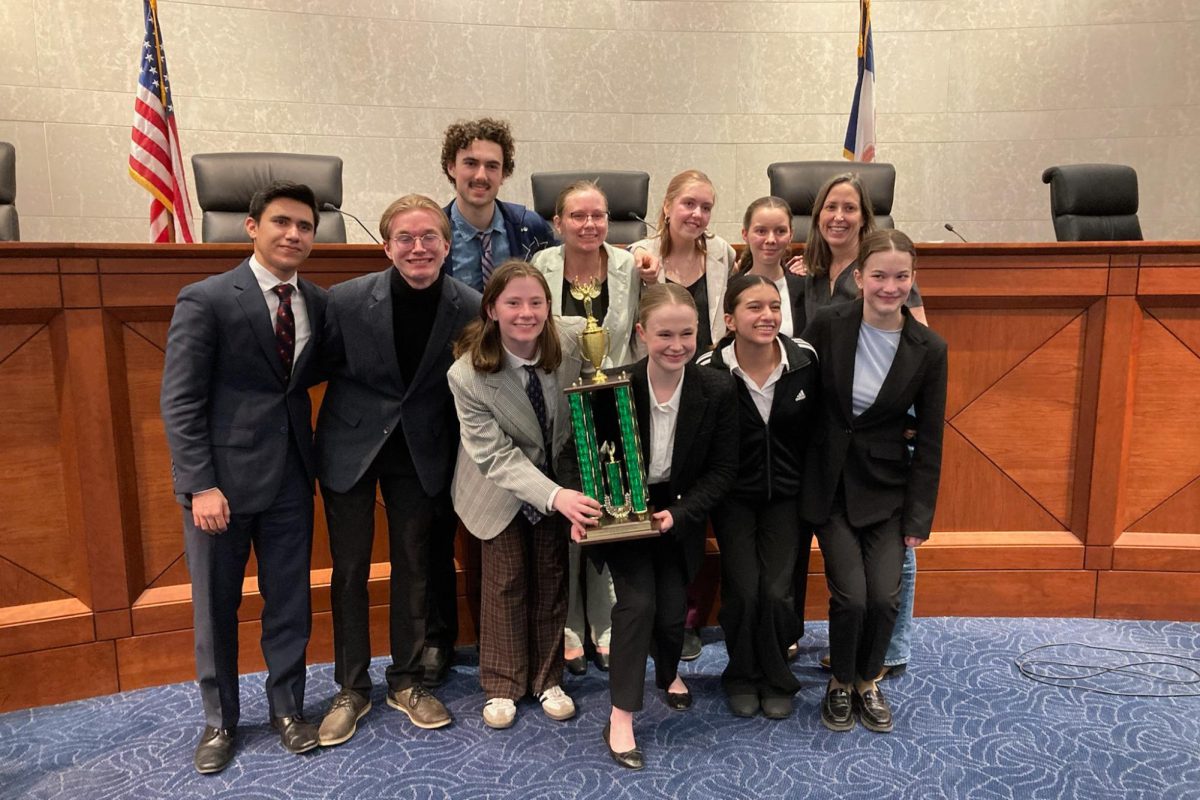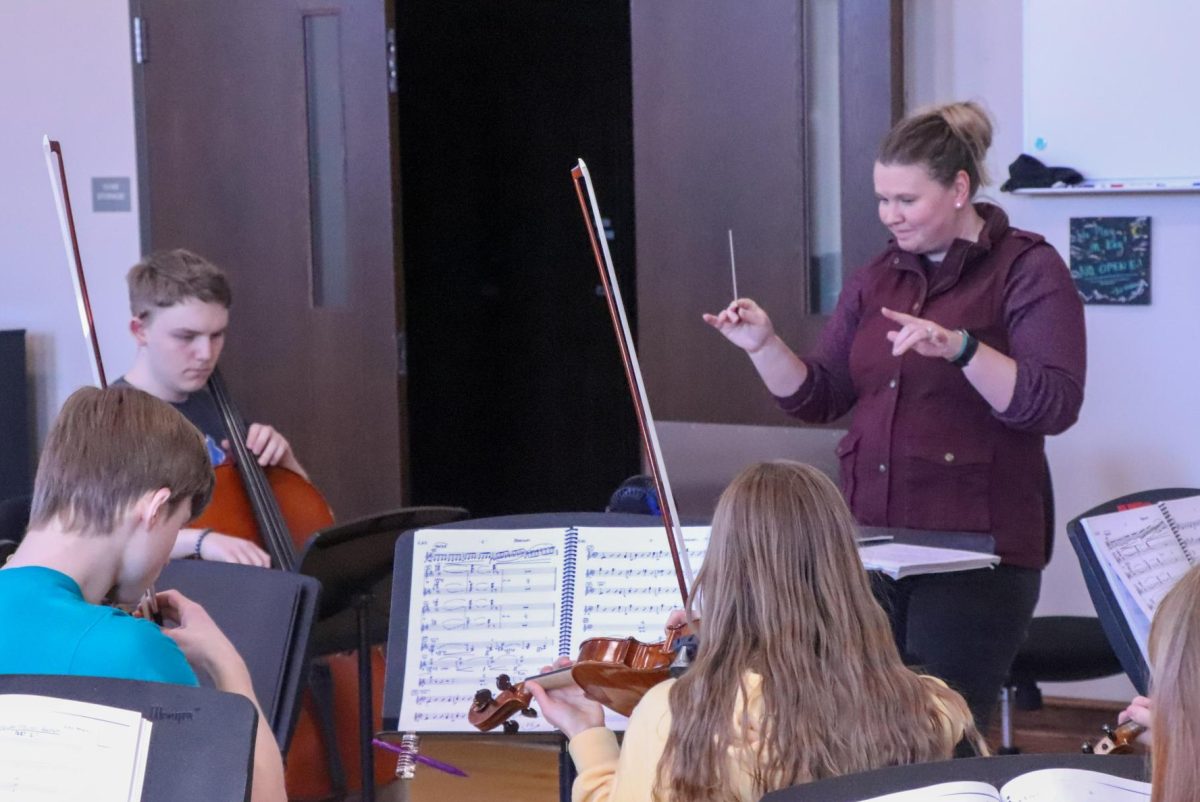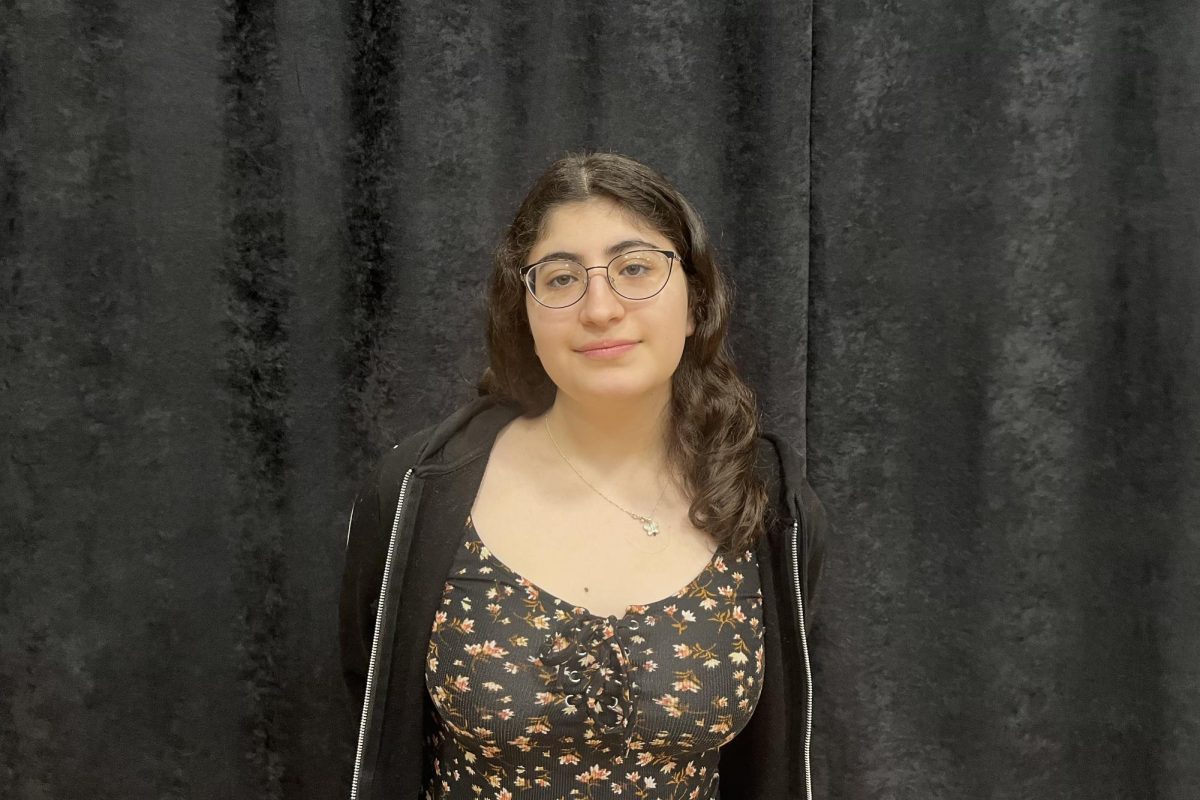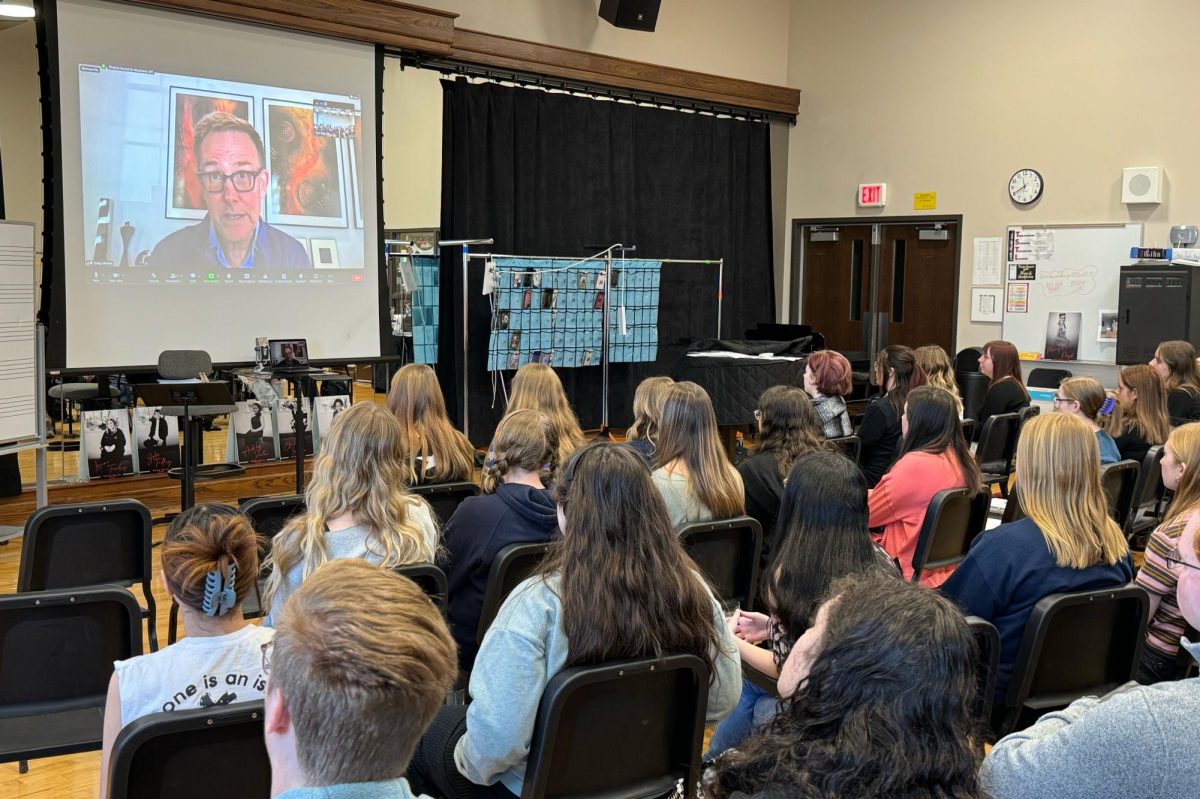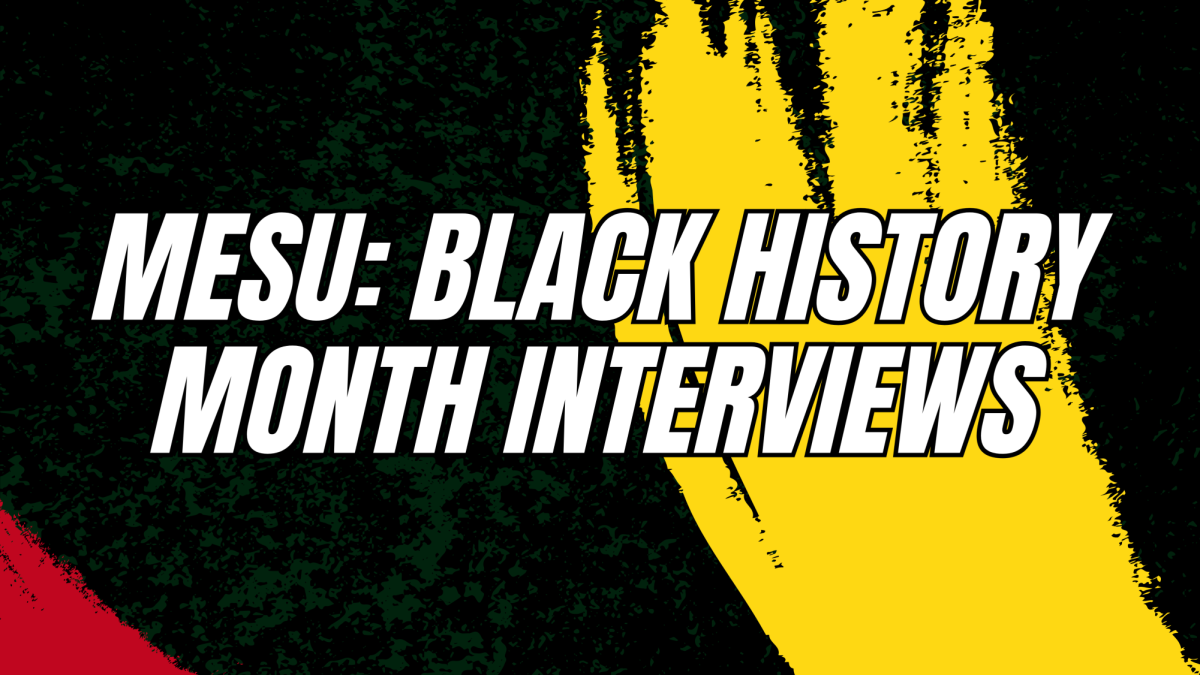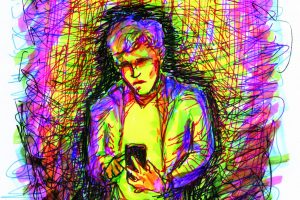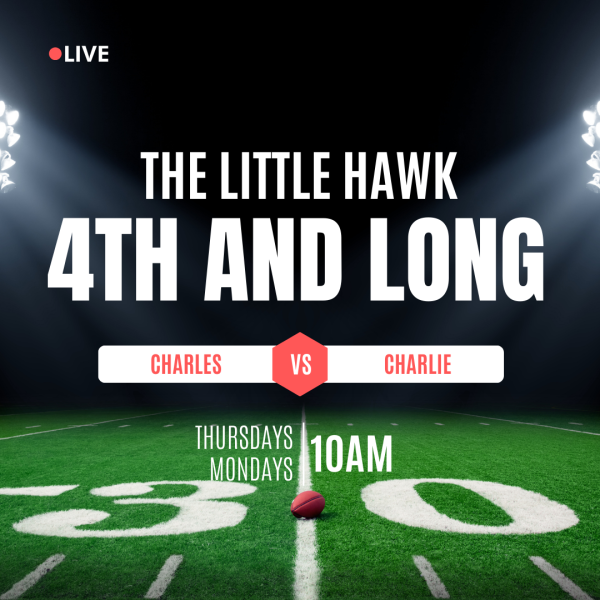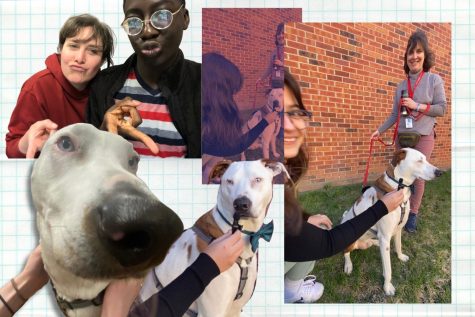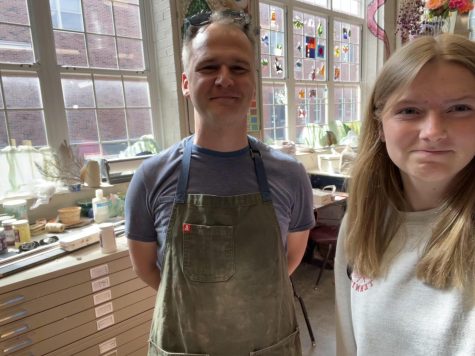Why I Don’t Have Social Media
November 15, 2019
You look around your classroom as you settle into your seat. Almost everyone has a phone in hand. Your teacher gets up from their desk and asks everyone to put their phones away. Most resign their phones to their backpacks but others move their hands under their desks and continue scrolling.
When around 70 percent of teenagers have, and regularly use, at least one form of social media, in this instance a public forum platform rather than an instant messaging one, you might think it’s hard to feel connected without it.
I don’t have social media, and while that used to be because my parents were worried about how it would affect my grades and mental health, I now believe that it is in my best interest to avoid public platforms.
Social media scandals range from Russian interference in a US election via Instagram and Facebook and the countless instances of misinformation spread on almost every platform. The number of personal information leaks has also increased and become more significant with the rise of public forum platforms. They also give hate groups a way to spread their message. Not to mention the failure of Twitter to moderate their content gives Donald Trump a platform to encourage hate speech and groups like the neo-Nazi party.
These instances of misinformation can have dire consequences. Misuse of Facebook as a platform lead to Russian interference in the 2016 U.S. presidential election. According to the Washington Post, “Russia carried out a vast cybercampaign in an effort to help elect Donald Trump.” This “cyber campaign” also directly targeted minorities and specifically African Americans in an effort to suppress voting. This not only harms our Democracy, but the people most directly affected by the misuse of it.
On a smaller, but no less important scale, social media greatly affects the mental health of its users. Instagram models and the great majority of those who are “TikTok famous” create unrealistic expectations and insecurity. Filters on TikTok and Snapchat also create absurd beauty standards, especially for young women.
Not only do these cause anxiety, but the amount of time spent on them cuts into time spent doing homework of sleeping. Social media platforms prove to be incredibly distracting. I know so many people who have, both literally and metaphorically, wasted their lives away on social media.
With all of the controversies surrounding social media, I have decided it is best to avoid them for the time being. They’ve been riddled with political scandals, information leaks, and research proving the detrimental effects they have on mental health. They’re cesspools of hate speech and foster anxiety in teens. I haven’t even had time to discuss their problems with catfishing or cyberbullying. At the end of the day, the harms of social media outweigh the possible benefits or connections they could form.





